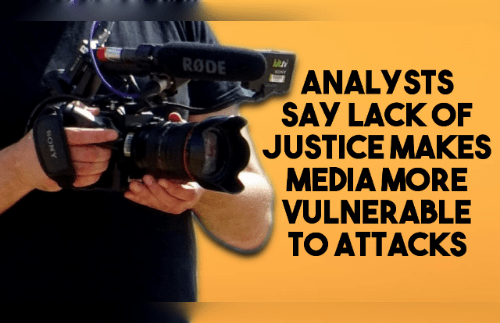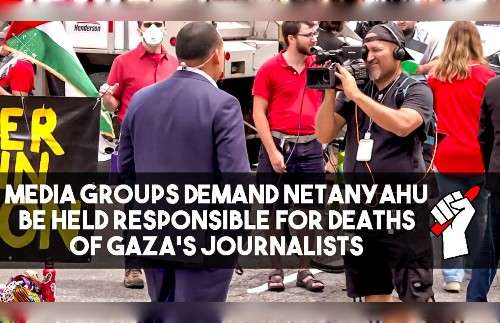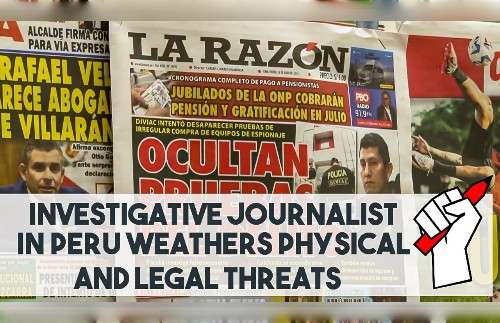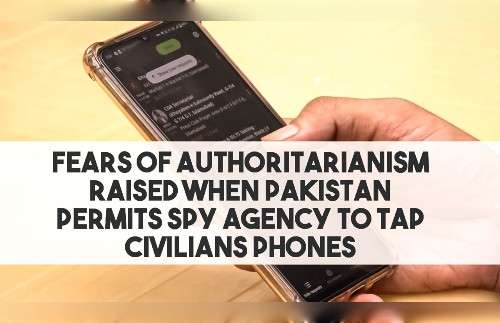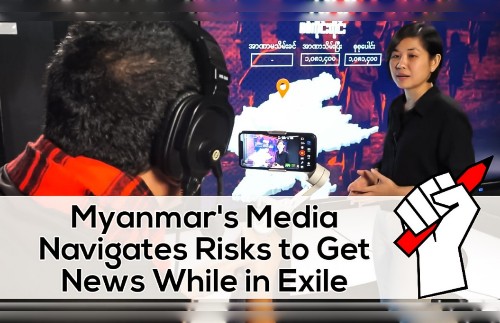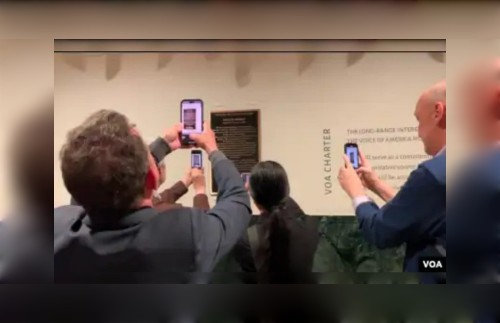Exiled veteran Chinese journalist Chang Ping has some words of warning for the media in Hong Kong.
By Gigi Lee

Veteran Chinese journalist Chang Ping fled China a decade ago, and now makes a living as a writer in Germany. A former senior editor at the once cutting-edge Southern Weekend newspaper in the southern city of Guangzhou, Chang spoke to RFA about ever-widening controls on press freedom and public expression under the ruling Chinese Communist Party (CCP), and shared his warning to the journalists of Hong Kong, where a citywide crackdown on dissent and political opposition is taking place under a draconian national security law imposed by Beijing:
Editors-in-chief in mainland China have no clue about covering the news. It’s all about self-protection and self-censorship. I also have those skills, but I’m ashamed of them. It’s about carefully playing the game close to the edge of what is allowed, about rewriting your sentences and choosing your words with care, so you are touching the edge but not crossing the line. These skills are rewarded [by the system].
It’s about staying out of the fray while constantly second-guessing others’ actions and following the herd. [Journalists in mainland China read official documents] not for their content, but to understand what is meant by them, and to guess their true purpose.
[Some media] try to use the government’s own rhetoric as both spear and shield, and embarrass the government into genuinely implementing a ‘harmonious society.’ If the government does some small thing towards this, the media will leap into action with editorials in praise of their actions, that they had prepared in advance, hoping to force the government into holding onto the moral high ground. But this never works, because everything they say has to be couched in the language of the regime, so they merely succeed in repeating the government’s slogans. They are still in service to that kind of language.
Curbs on language
The death of independent thinking starts with curbs on language, and ends when language becomes stuck in rigid patterns. The generation before ours lacked vocabulary. If someone was good, then they would say they must be a CCP member. If they were criticizing someone for being a bad person, they would ask if they could still be considered a communist.
Don’t think that if you only exercise permitted freedoms, and stay inside the cage that you will be safe. If you don’t resist, the cage will shrink further. If you don’t even think about using sensitive words, then words that used not to be sensitive will be designated sensitive words. We must lend our support to those at the cutting-edge. A lot of people think they aren’t the smartest, or they think that they’re smart enough to operate close to the edge of what’s permitted. But actually, those people are taking bullets for the rest of us.
It’s hard to use words and phrases that are already disappearing [from Hong Kong], like “overturn the verdict on June 4, 1989.” There is this feeling that one shouldn’t say them. But if we have to express a concept like harmonious society, why can’t we use terms like democracy, liberty and a free press to describe this idea? I would rather use any other words than the political language of the regime.
Otherwise, [people in Hong Kong] will be letting the authorities turn them into the kind of person they always hated.
Translated and edited by Luisetta Mudie.
Copyright © 1998-2020, RFA. Used with the permission of Radio Free Asia, 2025 M St. NW, Suite 300, Washington DC 20036. https://www.rfa.org













